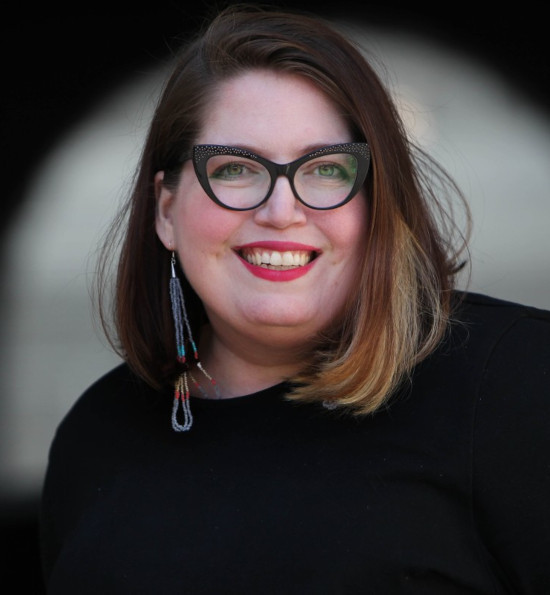The Uniter Speaker Series presents: Jennifer Smith
Shifting priorities: the battle for systems of care

Supplied photo
For Métis curator Jennifer Smith, replacing colonial practices begins with a reexamination of values. “Our systems need to change in enormous ways.”
Smith is currently executive director for the National Indigenous Media Arts Coalition (NIMAC), where she maintains a tradition of community-building and care established by her predecessors.
“I value people,” she says, responding to institutional biases which over-privilege academic intellect and the maintenance of harmful power structures. “We wanted a system of our own.”
She recalls her first-ever curatorial residency at aceartinc., where someone said to her, “I didn’t know you were Indigenous!” Upon explaining herself, she had a revelation.
“It’s interesting that as Indigenous people, the ways we talk about our heritage need to be really public and open, but then for the majority of other artists, I knew nothing about theirs,” Smith says.
This consideration of identity created a path forward. “(At that time), I wasn’t sure if I wanted my culture to be a central part of my career,” she says. “I really needed to understand my responsibility to it.” Despite this, it became clear that there was an incongruence between her cultural values and that of the art world’s.
Since then, Smith has been consciously incorporating Métis value systems into her work. She is deeply concerned with the needs of different communities, focused on removing economic barriers and fostering safe, accessible spaces. She points to grassroots organizations and artist-run centres as inspiration.
“When we think about what’s harming people across the world, it’s due to the current systems not valuing individual lives,” she says. “(Ironically), it is people who up- hold these systems.”
She fears the loss of humanity that individuals face within an institution. “You are not the institution, you are still a person who is allowed to have values and needs and wants in the ways you engage with the community, and you can attempt to bring that into it.”
For Smith, this requires understanding and care. “We affect a lot more people than we realize,” she says, adding that value-based actions can accumulate and redirect the course of history. Her hope is that communities are able to receive the care they need and that more people offer it for each other.
However, respectful relationships do not mean freedom from conflict. “It’s important for us to allow for disagreement. What does it mean to be uncomfortable with my- self? To accept responsibility if I did something I’m not happy about?”
Smith proposes moving past the fear of imperfection. “What does it mean to build relationships? To know that those relationships aren’t going to be perfect and to move forward in an attempt to not harm people.”
For Smith, there is little separation between her art, work and personal life.
“It’s all informed by how I choose to live,” she says. She suggests that more people spend time thinking about their values and how they wish to move through the world. And yet, she remains optimistic.
“There is a real pinnacle of change at this moment.”
“The Uniter Speaker Series presents Jennifer Smith: Building Respectful Relationships in the Arts” will take place at the West End Cultural Centre (586 Ellice Ave.) on Thursday, March 28 at 6 p.m. The event is free.
Published in Volume 78, Number 22 of The Uniter (March 21, 2024)






